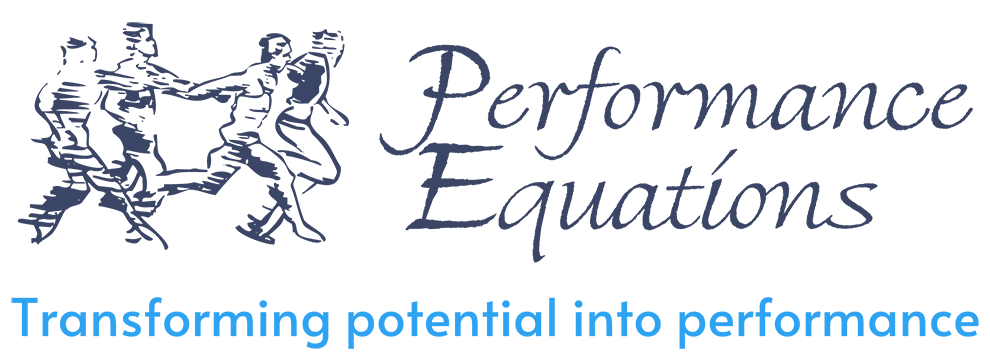The Challenge
EMC, a leading global information lifecycle management technology firm, had gone through a significant period of business re-building under the leadership of their new CEO. The early 2000’s had seen a collapse of their $8.9 billion revenues and £1.8 billion profits to $5.4 billion revenues and a loss of $119 million in 2002. The recovery required restructuring of the cost base and the old business model altogether. But the executive team soon realised that selling different things in a different way also required changes in EMC’s people. One of the toughest issues faced was the reality that some people who had been key to EMC’s past success were not cut out for the demands of their new business model, so an intentional development strategy was created with the aim of building a high potential pipeline of future leaders who would sustain business growth in the future.
The Solution
The approach performance Equations took was more system and holistic than in previous EMC development interventions. Rather than focusing on providing solely functional leadership skills, the new Leadership For Results programme was specifically designed with intentional hooks in the business realities faced by the organisation. It proposed a model of leadership in EMC which fully captured the values and strategic aspirations of the business, but also embedded the development in practical and tangible linkage between leadership behaviours and business results.
The programme that was launch for the EMEA region was constructed of four workshops and a real-time strategic business project which was sponsored by a senior executive, spanning a nine month period. The demands and expectations of this element alone soon focused delegates’ attention on the seriousness and expected outcomes and contribution of the programme. Participants were carefully screened before attending the programme for their talent potential and their commitment to stay the course.
The Leadership For Results programme covered four key compass points as it steered participants through a personal journey and leadership development experience. In Workshop 1 it focused participants to take a long hard look at the challenges of their business realities, armed with a range of 360 feedback and psychometric assessments to raise personal awareness and appreciation of their business need to change behaviours and adapt different leadership styles. Workshops 2 and 3 addressed the leadership requirement to create engaged working environments where individual employees and teams can make a link between themselves, their contributions and commitment to the strategic aspirations of the business. In between each of these workshops participants, working in smaller, project teams, engaged with their executive project sponsor and the business to advance their work-based project and develop their project review presentations. From new technology or system integration initiatives, to customer experience and process realignment projects, each one had to show a valued contribution either to the current state of the business or propose actions to further advance strategic goals.
Workshop 4, designed as a wholly experiential session, saw participants come together to finally consolidate their learning, share experiences of their leadership journey and reinforce their personal and group commitment to the results they had seen and witnessed through the nine month programme.
Results
The Leadership For Results programme had been specifically designed with an approach centred on three key principles: immersing people in an environment that challenged thinking and established patterns of behaviour, enabled participants to explore new behaviours and skills relating to their business issue, and facilitated extrapolation so that they could take the learning back into their usual work environment. The programme is now in its fourth cohort. Results achieved so far have include at the individual level: 99% of participants applying what they learnedon the job, 25% improvement in participants’ ability to perform the learning objectives, performance scores improving for every leadership practice measured in a 360° feedback resurvey. At the team level, 80% of direct reports have reported “moderate to great improvements” in team effectiveness since LFR. Teams have reported more empowerment, better collaboration, and more effective cross functional communication. “Leadership and Direction” and “Work Involvement” scales from the employee survey; specifically targeted by LFR have increased by 4 standard deviations since LFR. But at the all important business results level, outcomes have also been significant: 96% of participants credit LFR with helping achieve specific business results (growth, customer, supply chain); more than 40 results stories have been collected so far, and the ROI for the initiative (based on 15% increase in leadership capability) has been 164% in Year 1. At the personal experience level 99% of participants rated Leadership For Results as better than other programmes in providing a career-changing experience, and the anecdotal stories are still coming in.

